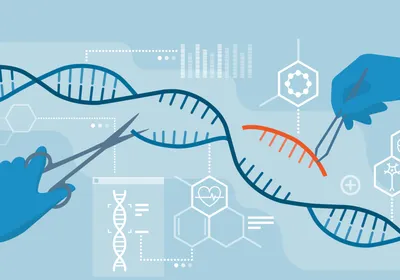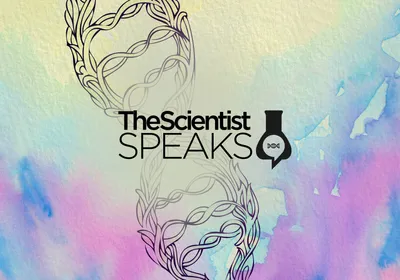ABOVE: Red blood cells with the sickle-cell phenotype
© ISTOCK.COM, IVAN MATTIOLI
The first patients in each of two early-stage clinical trials testing CRISPR-based treatments for inherited blood disorders have been symptom free for several months with normalized hemoglobin levels, the companies developing the therapies announced today (November 19). Both participants experienced only treatable, temporary side effects, according to the data.
Last fall, Switzerland-headquartered CRISPR Therapeutics and Vertex Pharmaceuticals in Boston teamed up to launch a trial in Germany testing a CRISPR-based approach to treating β-thalassemia. The therapy, known as CTX001, is applied to blood stem cells removed from the patient to cleave the BCL11A gene that represses the production of fetal hemoglobin. These cells are then reinfused to provide a healthy supply this protein, normally only produced in infancy, to overcome problems associated with mutations in the gene encoding the adult version. A few months later, the two companies launched ...






















